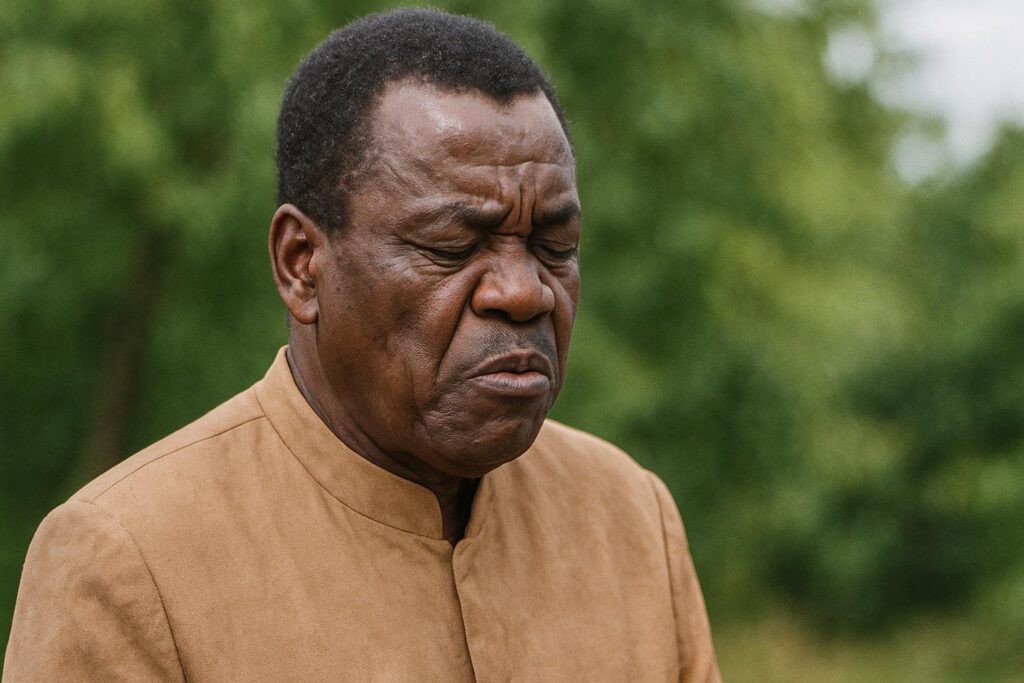Rising Crime Challenges in Juba
Central Equatoria has witnessed a worrying uptick in suicide cases, petty theft, gang-related skirmishes, and armed robberies over recent months, according to state security briefs. Residents say nightlife in certain suburbs now ends earlier because of fear.
Police sources credit porous neighbourhood patrols and lingering economic pressures for the spike. However, officials insist the trend can be reversed through coordinated civil-authority action.
Governor Mujung’s Security Blueprint
“We should join hands as citizens and government because security requires collective efforts,” Governor Mujung told worshippers at Hai Malakia Mosque on 5 September.
The governor framed safety as a “basic need” that allows businesses to operate and students to attend class without anxiety.
Interfaith Harmony as a Safety Pillar
Mujung’s visit marked the first time a Central Equatoria governor addressed congregants inside the historic mosque, a gesture applauded by Imam Ali Baballa as evidence that “security begins with mutual respect”.
State Finance Minister Salah Rajab Bunduki compared the governor to “a shepherd who guards every flock”, predicting similar outreach to other mosques and churches will cement social cohesion.
Community Reporting and Police Collaboration
Authorities are urging residents to phone hotlines or approach local chiefs when crimes occur, promising prompt confidentiality.
Police spokesperson Major Gladys Kenyi says community tip-offs have already led to the arrest of five suspected gang leaders this quarter.
Accountability and Service Delivery
Mujung insists accountability flows both ways, pledging quarterly town-hall meetings where citizens can “tell us where our service is weak”.
Analysts at the Juba Centre for Governance believe such dialogue, if sustained, could anchor a durable security framework while restoring public confidence.


